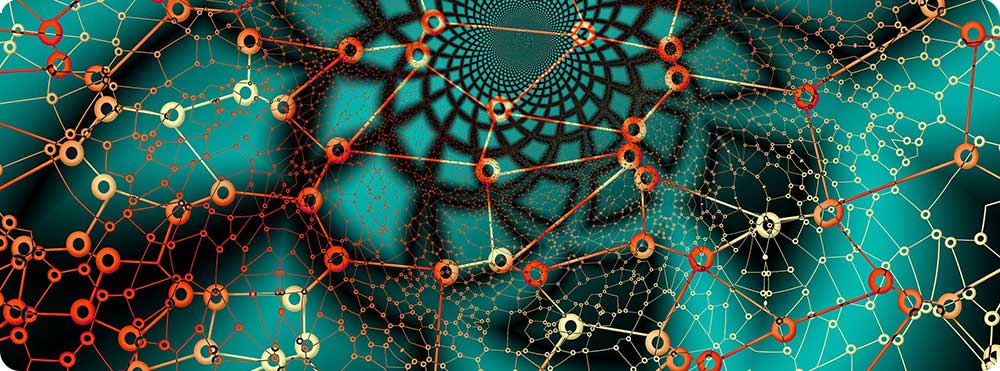Alone we can do so little. Together we can do so much … 1

Collaboration and the sharing of knowledge is crucial to good science. I have been fortunate to work with, and over a coffee bend the ear of, some of the best scientific minds in Australia and the UK. Experts in genetics, molecular neuroscience and computational systems biology, who have all been generous with their time and encouragement. They have all in some way, big or small, helped me to understand the molecular biology and genetics of the human brain, in both its normal and diseased states. Like me, they want to be part of the solution to finding a cure for Alzheimer’s disease.
Before moving into the complex world of neuroscience, my experience as a researcher was in the fields of applied mathematics, physics and engineering. While it has been a steep learning curve to move into a new scientific field, my background has been useful. After all, physics and mathematics involve the study of matter, space, structure and time, which are the fundamental laws for describing life.
Since making the transition, I’ve often thought back to the time when I heard a physics professor referring to biology as a ‘soft’ science. How little did he know! And how wrong could he be, just like the inimitable but lovable Dr Sheldon Cooper from ‘The Big Bang Theory.’
I would like to use this opportunity to personally thank everyone from my Collaboration Network who has given me their valuable time and advice, worked with me, or continues to work with me, towards the ultimate end goal of a world without Alzheimer’s.
United Kingdom
Australia
1 Helen Keller

